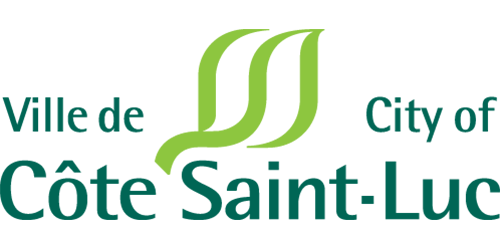Les résidants peuvent signaler directement la présence d’animaux sauvages en contactant le Centre de répartition de Côte Saint-Luc au 514-485-6960. Beaucoup d’animaux sauvages, comme les mouffettes, marmottes, ratons laveurs, renards et autres, sont protégés par la réglementation sur la faune; on ne peut donc pas les capturer dans une cage, sauf s’ils sont dans le grenier ou le toit de la maison, ou encore dans une remise ou un balcon fermé.
Ces animaux sauvages sont ensuite remis en liberté dans le secteur, souvent même sur la propriété même où ils ont été capturés. Il faut donc régler le problème en empêchant l’animal de retourner à l’endroit qui lui est familier. Ces animaux ne sont pas relâchés en pleine nature.
Si les animaux sauvages creusent des trous dans le terrain ou qu’ils ne cessent de rôder autour de la propriété, la SPCA peut recommander certaines techniques et différents produits pour les éloigner. L’animal sera retiré de son milieu uniquement s’il est malade ou blessé.
Coyotes
Selon les experts de la faune, il y a certaines choses que les gens peuvent faire pour décourager les coyotes d’entrer dans les arrière-cours ou sur la propriété privée.
- Découragez les coyotes d’entrer sur votre propriété en enlevant des tas de broussailles ou les zones qui peuvent être perçus comme un lieu de repos ou une tanière.
- Ne nourrissez pas les coyotes. Assurez-vous que les ordures et que toute alimentation pour animaux de compagnie (y compris pour les oiseaux) soit inaccessible.
- Surveillez vos animaux de compagnie et tenez-les en laisse. Surveillez vos animaux quand ils sont dans la cour. Les chats ne devraient pas être autorisés à se déplacer librement.
- Face à un coyote, ne pas lui tourner le dos ou partir en courant. Tenez-vous debout, agitez vos bras et faites beaucoup de bruit.
Regardez cette vidéo de la Ville d’Oakville (en anglais) pour plus d’informations utiles montrant comment effrayer les coyotes loin de votre propriété.
